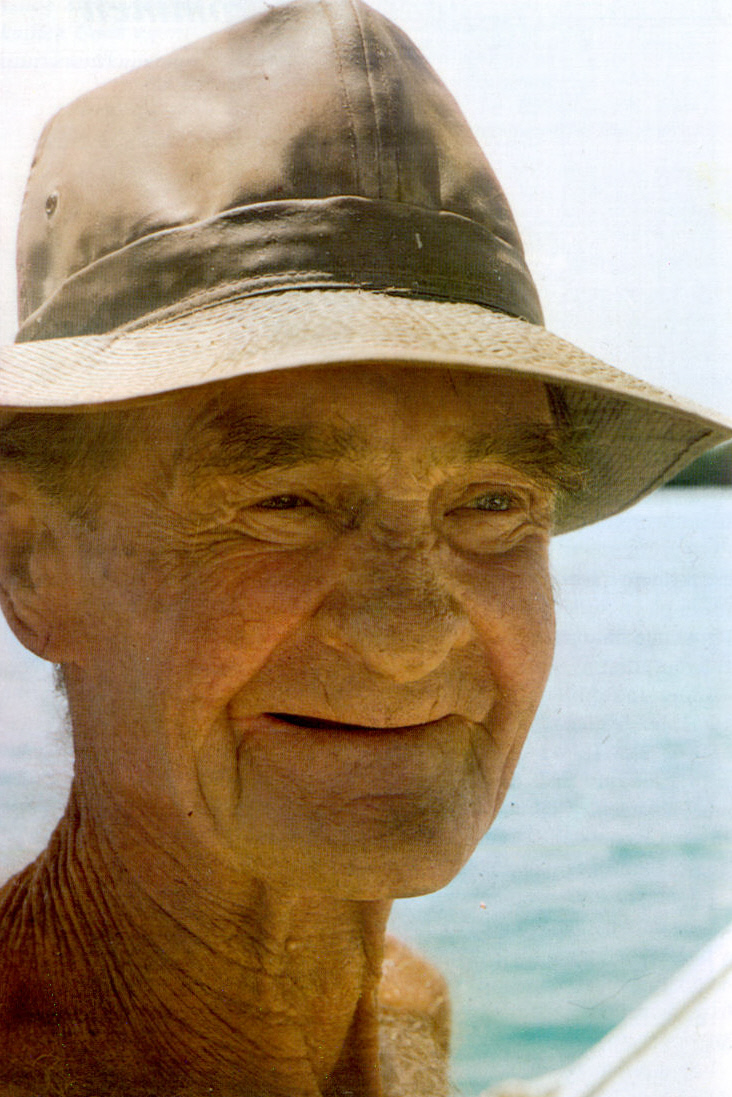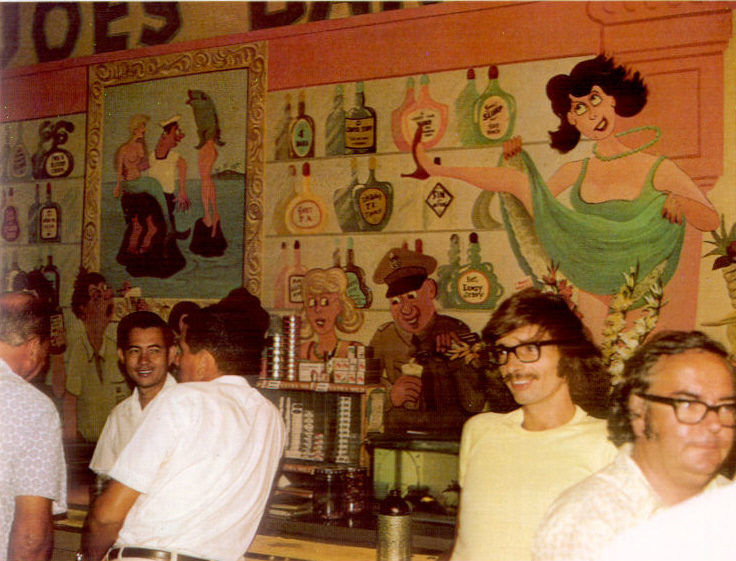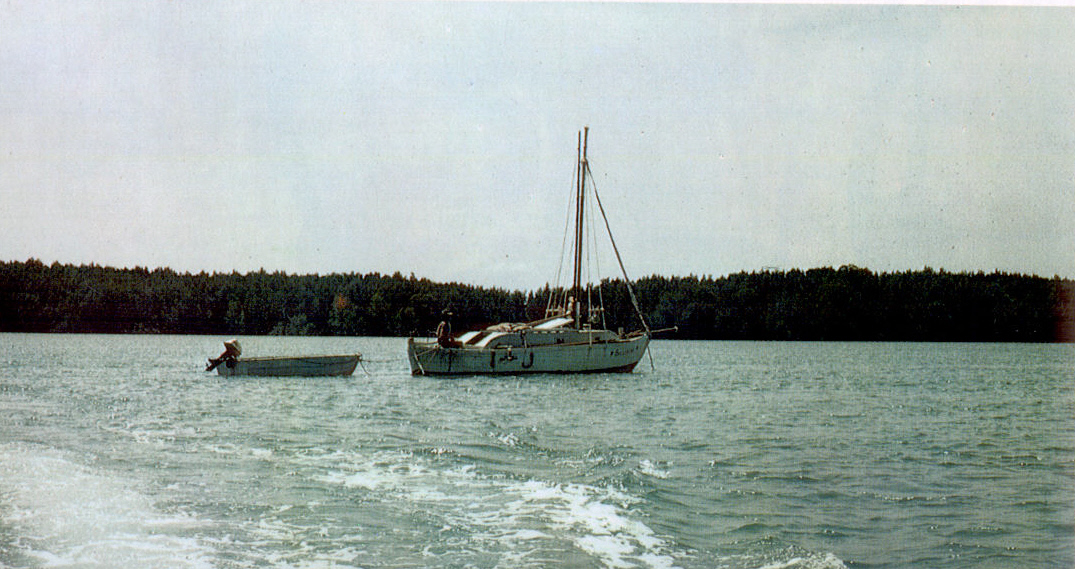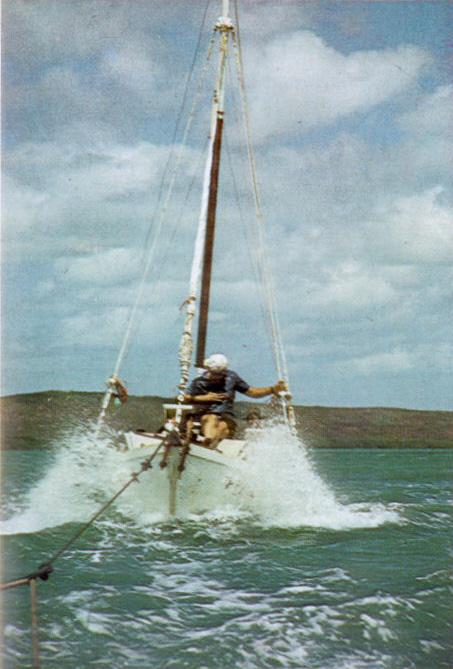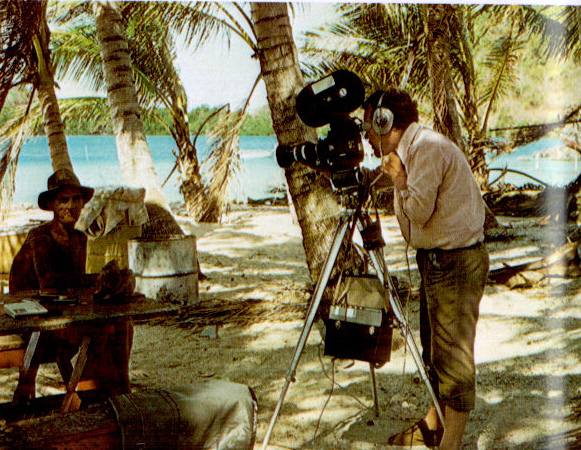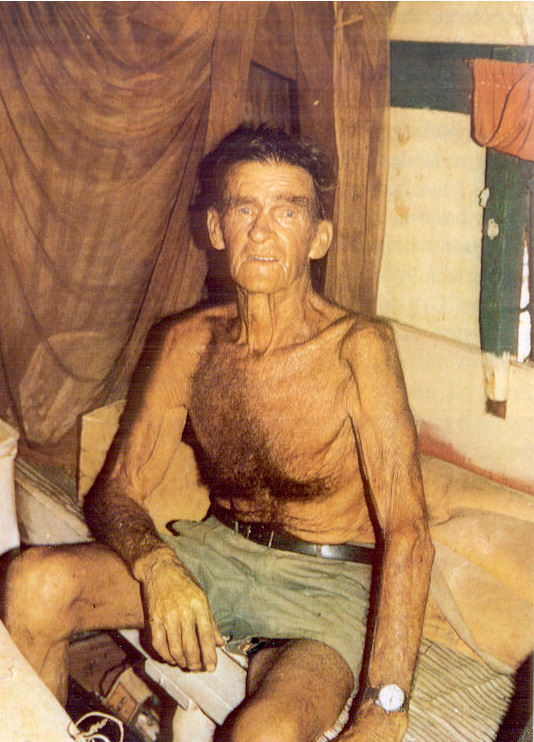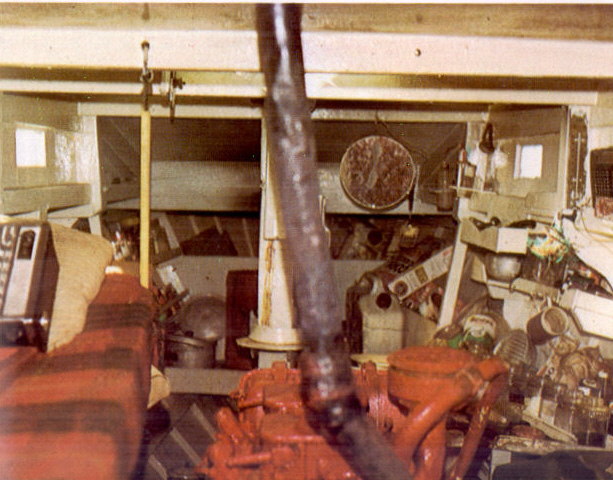In 1979, the idea of an oral history based project on the administration of Papua New Guinea germinated at the ABC, driven by Tim Bowden and Daniel Connell. This massive undertaking involved the recording of 350 hours of tape recorded interviews with Australians and Papua New Guineans who had been involved with Australia's colonial administration which ended with self government and independence in 1975. The result is a superb 24 program social history, so evocative of a time and place, revealed through a tapestry of voices from those who lived through it. These are first-hand accounts of the pre-war history in the early 1900s, the masta-boi relationships, the gold rush and the exploration of the highlands. In Taim Bilong Masta, Australian men and women who spent so many years living and working in Papua New Guinea before independence in 1975 can be heard again, telling their own stories.
Long after I had left New Guinea and on one of my frequent business trips from Saudi Arabia back to Australia, I was killing a bit of time in the ABC Shop in Adelaide's Rundle Mall when I found a set of twenty-four audio cassettes labelled "TAIM BILONG MASTA - Australia's Involvement with Papua New Guinea".
Of course, I bought them right away and for years I listened to them over and over again as, in the absence of any proper television or radio reception in the world's biggest sandbox, they had become my daily nightcap to drown out the howling desert winds.
Like the creator of those tapes, ABC presenter Tim Bowden, those twenty-four precious cassettes are no longer around, as they became warped and worn. In later years, I did buy the book by the same name but there's nothing quite like listening to those old familiar voices and I had been searching high and low for those recordings but without success - until a few years ago!
A kindly soul, Kieran Nelson, who grew up in New Guinea, worked for the Papua New Guinea Banking Corporation (PNGBC) and now lives in Brisbane, undertook the enormous labour of love of converting all 24 cassettes into mp3 files. Thank you, Kieran, and here they are:
Episode 1 Never a Colony
Episode 2 The Good Time Before
Episode 3 God's Shadow on Earth
Episode 4 The Loneliness and the Glory
Episode 5 On Patrol
Episode 6 Sailo
Episode 7 The Boat Came Every Six Weeks
Episode 8 Masta Me Like Work
Episode 9 The Violent Land
Episode 10 Moneymakers and Misfits
Episode 11 Wife and Missus
Episode 12 Growing Up
Episode 13 Into The Highlands
Episode 14 The Promised Land
Episode 15 First Contact
Episode 16 Gold
Episode 17 The Good News
Episode 18 The Mission Rush
Episode 19 You Had To Be Firm
Episode 20 Across the Barriers
Episode 21 Courts and Calaboose
Episode 22 War
Episode 23 A Reason For Being There
Episode 24 Going Finish





